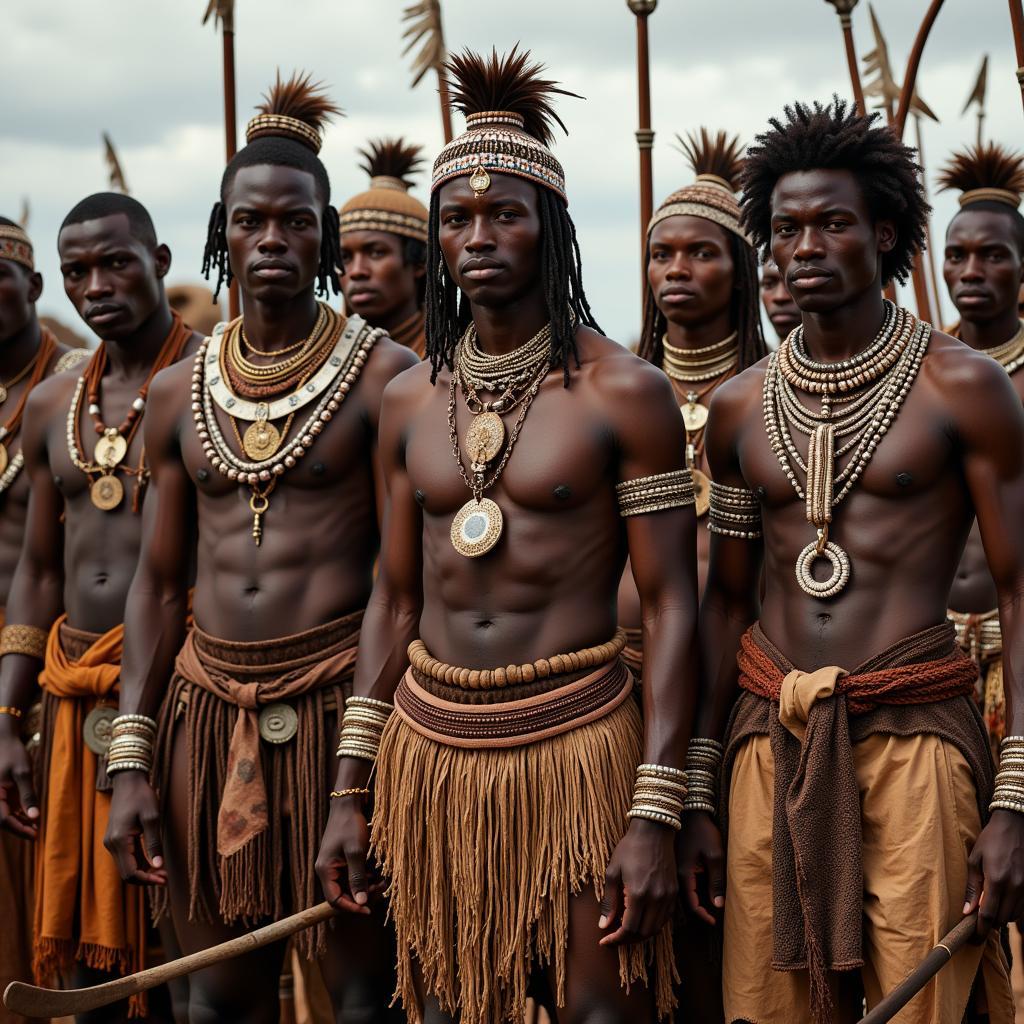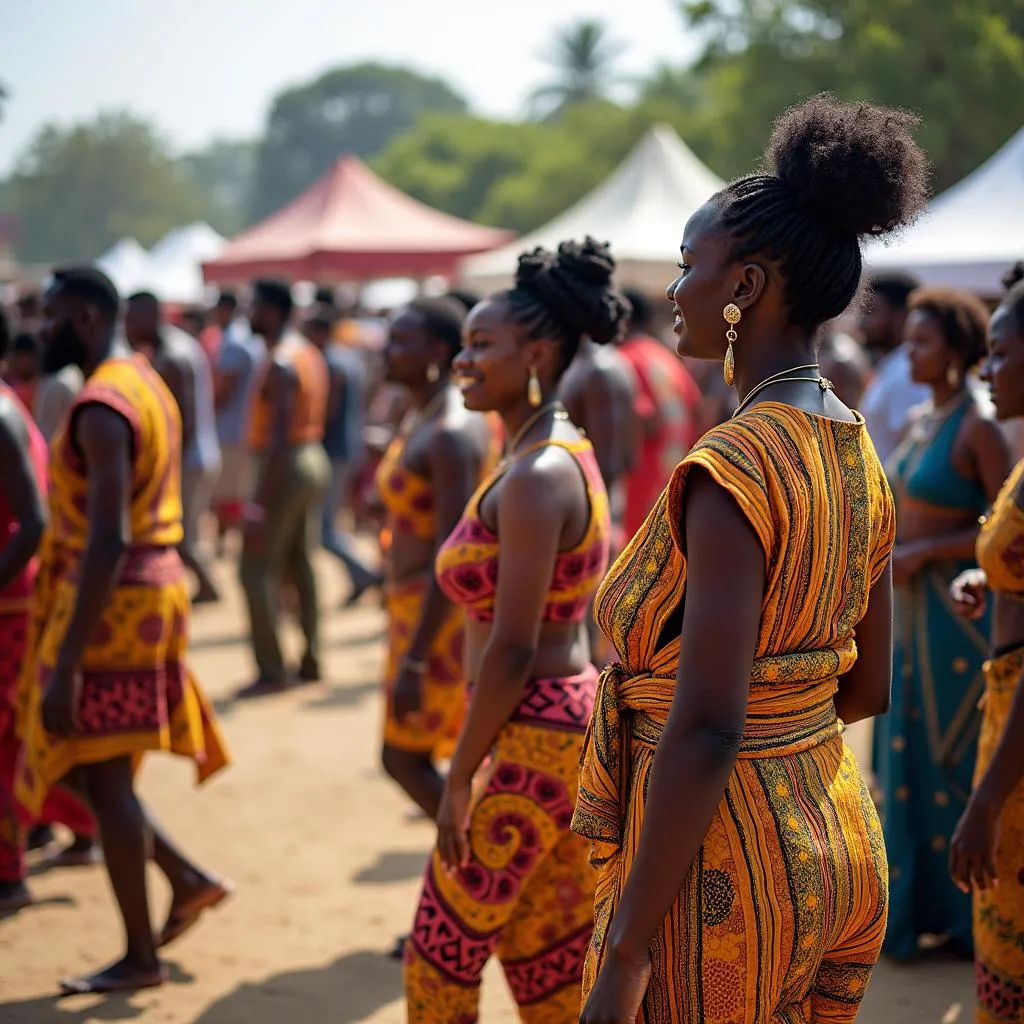Accord African Center for the Constructive Resolution of Disputes
The Accord African Center For The Constructive Resolution Of Disputes (ACCORD) plays a vital role in fostering peace and stability across the African continent. This organization works tirelessly to mediate conflicts, build capacity for peaceful resolution, and promote a culture of dialogue and understanding. Understanding ACCORD’s mission, history, and impact is crucial for anyone interested in African affairs and conflict resolution.
Understanding the Accord African Center for the Constructive Resolution of Disputes
ACCORD, or the African Centre for the Constructive Resolution of Disputes, is a non-governmental organization (NGO) specializing in conflict management and peacebuilding in Africa. Founded in 1992, amidst the transition from apartheid in South Africa, ACCORD recognized the pressing need for conflict resolution mechanisms across the continent. It has since become a leading institution, engaging with various stakeholders, from grassroots communities to national governments and international organizations, to address the root causes of conflict and build sustainable peace.
The Core Mission and Values of ACCORD
ACCORD’s mission is to enhance the capacity of African stakeholders to manage and resolve conflicts constructively. This involves a multifaceted approach encompassing training, mediation, research, and advocacy. Central to ACCORD’s philosophy is the belief in African-led solutions. The organization emphasizes local ownership and empowers communities to take charge of their own peace processes. ACCORD champions inclusivity, ensuring that marginalized voices are heard and incorporated into peacebuilding efforts.
ACCORD’s Impact on Conflict Resolution in Africa
ACCORD’s impact is evident in its extensive work across the continent. The organization has played a pivotal role in mediating conflicts in countries like Sudan, Somalia, and the Democratic Republic of Congo. Through its training programs, ACCORD has equipped thousands of individuals with the skills necessary for effective conflict management and negotiation. Furthermore, ACCORD’s research and publications contribute significantly to the body of knowledge on conflict resolution in Africa, informing policy and practice.
How ACCORD Works: A Multi-pronged Approach
ACCORD employs a comprehensive strategy to address conflict. This includes early warning and conflict prevention initiatives, mediation and negotiation support, capacity building through training and education, and post-conflict reconstruction and development. ACCORD also works to strengthen the capacity of regional and continental institutions like the African Union (AU) and sub-regional organizations in conflict management.
Training and Capacity Building
ACCORD provides training on a wide range of topics, including negotiation, mediation, conflict analysis, and peacebuilding. These programs target diverse audiences, from community leaders to government officials and members of civil society organizations. The training equips participants with practical skills and knowledge to address conflict effectively within their respective contexts.
Mediation and Negotiation Support
ACCORD offers mediation and negotiation support to parties involved in conflict. This involves facilitating dialogue, building trust, and helping parties to identify common ground and reach mutually acceptable solutions. ACCORD’s experienced mediators play a crucial role in guiding the process and ensuring that all parties are treated fairly and respectfully.
“ACCORD’s strength lies in its deep understanding of the African context,” says Dr. Amina Mamadou, a renowned conflict resolution expert. “They don’t impose solutions but rather empower Africans to find their own path to peace.”
Research and Advocacy
ACCORD conducts research on various aspects of conflict and peacebuilding in Africa. This research informs policy and practice, contributing to a better understanding of the complexities of conflict and identifying effective strategies for resolution. ACCORD also engages in advocacy work, promoting policies and practices that support peace and stability.
“ACCORD’s research is invaluable for policymakers and practitioners working on conflict resolution in Africa,” adds Dr. Kwame Nkrumah, a leading scholar on African politics. “Their work provides crucial insights into the root causes of conflict and the dynamics of peacebuilding.”
Conclusion: The Continuing Role of ACCORD in Africa’s Future
The Accord African Center for the Constructive Resolution of Disputes remains a vital force for peace and stability in Africa. Through its multifaceted approach, ACCORD addresses the root causes of conflict, empowers communities, and builds capacity for lasting peace. The organization’s ongoing commitment to African-led solutions and its deep understanding of the complexities of the continent’s challenges ensure that it will continue to play a critical role in shaping a more peaceful future for Africa.
FAQ
- What is ACCORD’s main objective? To enhance the capacity of African stakeholders to manage and resolve conflicts constructively.
- When was ACCORD established? 1992.
- Where is ACCORD headquartered? Durban, South Africa.
- What are some of ACCORD’s core values? African ownership, inclusivity, and constructive engagement.
- How does ACCORD contribute to peacebuilding? Through training, mediation, research, and advocacy.
- Who are ACCORD’s main partners? African governments, regional organizations, civil society organizations, and international partners.
- How can I get involved with ACCORD? Visit their website or contact them directly for information on volunteering, internships, and other opportunities.
Common Scenarios and Questions
- Scenario: Two neighboring communities are in dispute over land ownership. Question: How can ACCORD help resolve this conflict? ACCORD can provide mediation services, facilitate dialogue between the communities, and help them reach a mutually acceptable solution.
- Scenario: A country is emerging from a period of civil war. Question: How can ACCORD support the peacebuilding process? ACCORD can offer training on conflict management, support the development of national peacebuilding strategies, and assist with post-conflict reconstruction and development.
Further Reading and Related Topics on African Life
- The Role of Traditional Leaders in Conflict Resolution
- The Impact of Climate Change on Conflict in Africa
- Women’s Participation in Peacebuilding
Need assistance? Contact us 24/7: Phone: +255768904061, Email: kaka.mag@gmail.com, or visit us at Mbarali DC Mawindi, Kangaga, Tanzania.



